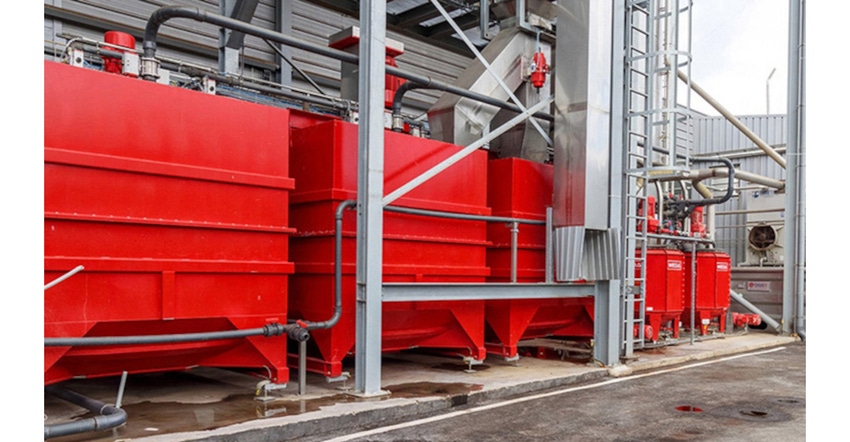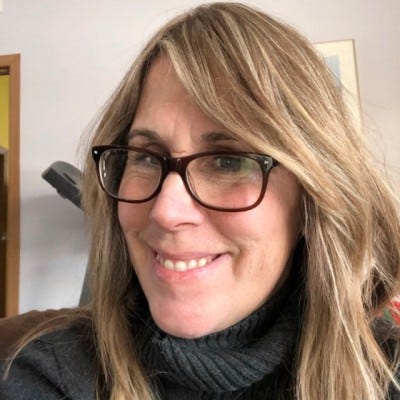WEDA Supplies Feeding System to Insect Producer
Portuguese breeder EntoGreen produces animal protein and organic fertilizer from byproducts by ag and food industry.

German feeding technology specialist WEDA Dammann & Westerkamp has supplied a liquid feeding system for the black soldier fly (BSF) to Portuguese breeder EntoGreen.
Founded in 2014 by Daniel Murta, the company produces high-quality animal protein and organic fertilizer from by-products of the agricultural and food industry at its headquarters in Santarém.
In the system, the larvae of the BSF are fed with the byproducts until they reach their final weight. The WEDA system, which includes control and process visualization, is a container system with mixing tanks specially developed and built for EntoGreen.
“We worked closely with our partner WEDA on the design and construction,” said Daniel Murta, CEO and founder, EntoGreen.
The feed substrate can be mixed in parallel in the liquid feeding system. The integrated Intrix dosing system ensures individual combination and precise portioning of the feed substrate in the rearing units. In numerous test runs, even viscous substrates could be dosed and conveyed without any problems. At EntoGreen, the vegetable materials on which the larvae of the black soldier fly thrive consist of regional vegetable byproducts that otherwise could not be used as nutritional sources and were lost.
“The WEDA plant generates enough vegetable substrates to contribute to a daily larvae output of around 25 tons from regional vegetable byproducts. It is easy to scale up for future expansion thanks to its modular design,” explained Gabriel Schmidt, WEDA export manager. A new plant is already being planned and, according to Schmidt, should produce up to 45 tons of live larvae from 2025 with a daily raw material input of 210 tons.
With the help of innovative feeding technologies including the WEDA system, EntoGreen can make a strong contribution to the sustainable development of the local agricultural and food sector. In addition, insect production can offer a variety of opportunities for developing new business models. Above all, the challenges of nutrient scarcity and food waste are addressed in a focused and solution-oriented manner by returning byproducts from food production back into the value chain and creating a sustainable organic fertilizer and natural feed for pets and livestock.
About the Author(s)
You May Also Like




